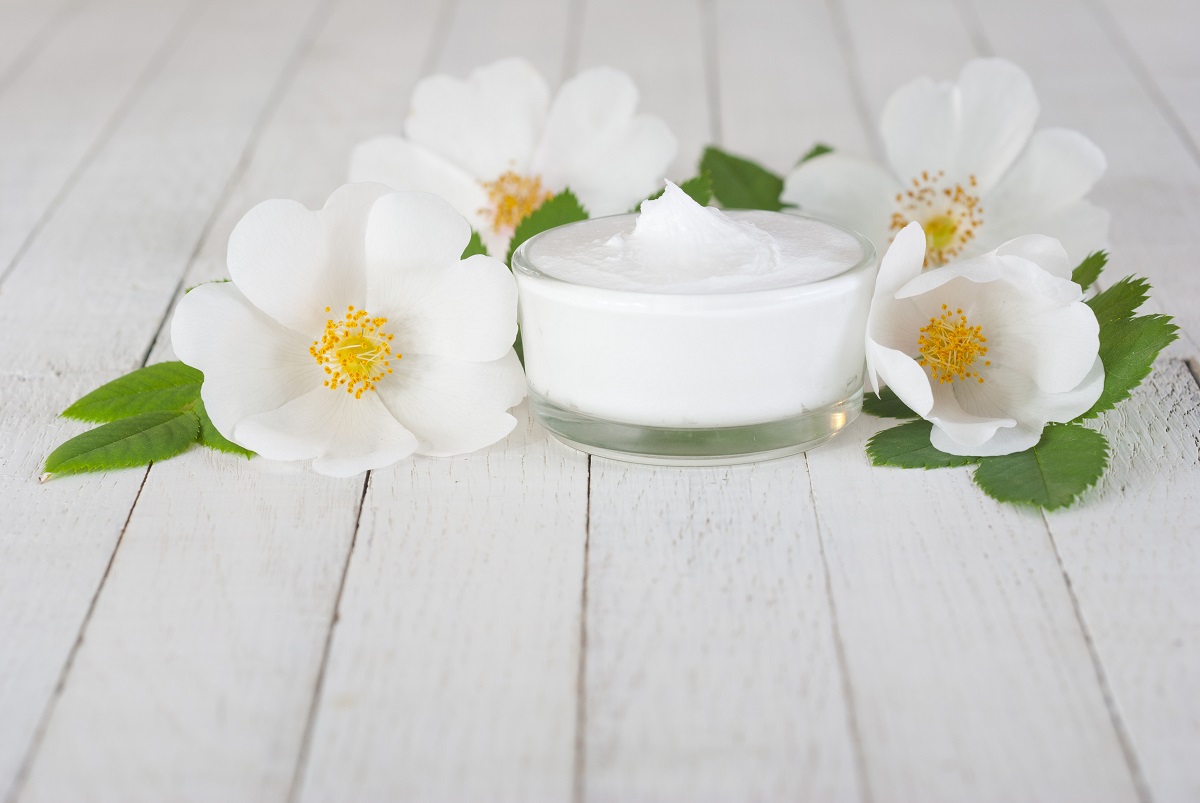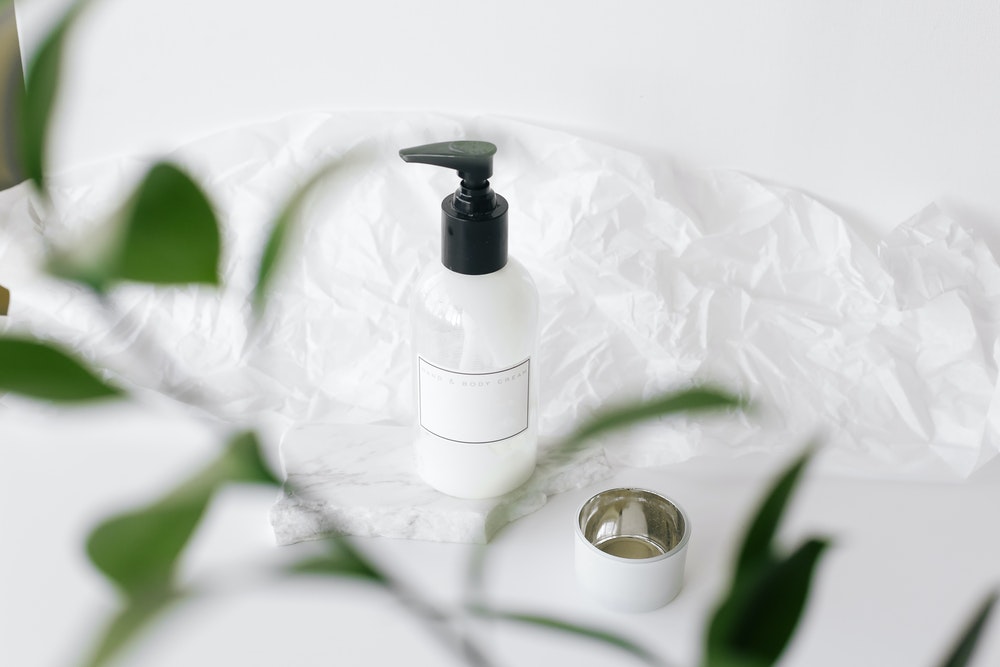Skincare brands often clearly distinguish which of their products are for women and which ones are for men. These brands often use colours, pink for women and blue for men, so that consumers can easily see which one is for them. Also, consumers have become so used to the labels “for him” and “for her” that it has become a common practice to only use products with their gender plastered on the packaging.
But in many cases, products can be considered unisex. Sure, there are certain cases where men might prefer products specifically formulated for them. But it’s not always bad to use skincare products for women. The product’s label doesn’t matter; the content does.
Differences in Skincare Needs and Products
The main reason why some brands distinguish products for men from those for women is hormones. For instance, men produce more sebum and have more pores, so their skin is oilier than women. This is also why men are less prone to dry skin while women are.
Another reason why skincare products for men may differ from those for women is to accommodate the needs of men who rock beards. This part of a man’s face is more prone to irritation due to constant shaving, so some brands offer two-in-one products that men can use on their faces and beards.
The last difference is the combination of packaging and scent. Products for men often come in dark-coloured packaging to exude a masculine vibe. These products also have fragrances commonly associated with men, such as woody smells. These scents are a stark contrast from floral scents commonly used in female products. Despite these differences, the needs of these genders are more similar than different.
Similarities in Skincare Needs
A survey by a skincare brand found that 80% of men think that women’s skincare products will work just as effectively on them. And they’re quite right. Men and women have similar skincare needs, so they can definitely share products and receive the same benefits. So if you’re interested in a certain product advertised for women, don’t hesitate to get it. Just make that you do a quick allergy test on one part of your skin before using the product regularly.
Moisturizing

Though men generally have oily skin, they exfoliate their face regularly by shaving, which can make it dry. So men also need to moisturize, just like ladies. If you find a moisturizer that you like, no matter if it’s supposed to be for women, go ahead and use it. If you moisturize your skin regularly, you’ll observe notable benefits, such as a natural glow and soft skin that doesn’t create dry lines when scratched.
Anti-ageing
Good skin elasticity is important to avoid saggy skin and wrinkles and to maintain a youthful appearance. And both are concerns that men and women share. Some chemicals that can help improve skin elasticity include collagen, vitamin C, retinoids, and niacinamide, among many others. If you look at anti-ageing products for each gender, you’ll see that they basically have the same ingredients. So even if the product is labelled “for women,” ignore and use it when you need it.
Oil and Acne Control
Men are more prone to oiliness, so they’re more likely to have acne. But this problem exists among women as well. Thus, you can definitely use oil control products marketed to women. You need to ensure that you check the label and check that the ingredients you need are there. Some examples are hyaluronic acid, glycolic acid, and salicylic acid.
Sun Protection
Don’t be fooled by brands that advertise sunscreen specifically for men; some brands use it for the sake of hiking the price of their products. Sunscreens, among all skincare products that exist, don’t need to be gendered. If you need sunscreen, you can use what your girl, sister, or female friends are using. It will work just the same.
Oh, and Unisex Brands Exist
The existence of unisex skincare brands also testifies that men and women can use the same skincare products. As long as the ingredients of the products address your skin’s needs, there’s no issue whether you use products for women.
Skincare products are made to solve people’s skin concerns. While select products may have been formulated with a specific gender in mind, generally, men and women have the same needs and don’t necessarily need to use separate products.
The his and hers labels in products are more of a marketing ploy that you shouldn’t fall victim to. Don’t mind the packaging. Just look at the ingredients of the products.

